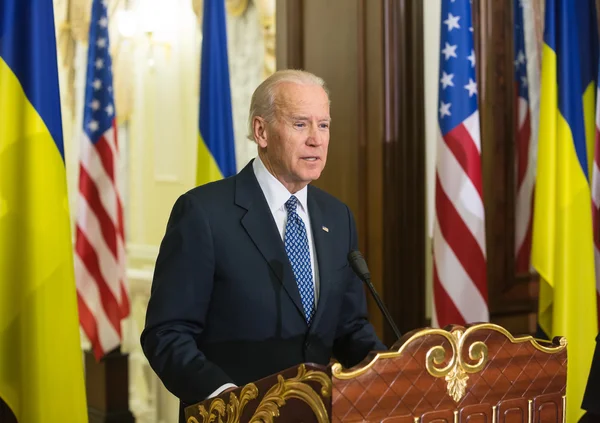The White House is investing $42 billion to expand internet access by 2030 as part of President Biden's infrastructure plan. The funding allocation considers factors like broadband coverage gaps and poverty levels, with Texas and California receiving the most funding. States like Virginia, Alabama, and Louisiana are also getting funding due to limited internet access. Around 8.5 million areas in the U.S. lack broadband, according to the Federal Communications Commission. The funding will be released in stages as states submit plans, potentially by 2025. Expanding internet access is expected to have positive impacts on productivity, employment, education, healthcare, and social inclusion.
EQUITY
U.S. stocks ended lower as investors worried about the Federal Reserve's monetary policy and unrest in Russia. The tech-heavy Nasdaq saw the biggest decline, while real estate, transportation, materials, and small-cap stocks performed better. In other news, Pfizer halted the development of an obesity and diabetes drug due to safety concerns. The market is anticipating a rate hike in July, and economic data and the situation in Russia will be closely monitored.
GOLD
Gold prices rose as the Wagner mercenary rebellion prompted safe-haven interest in the metal. This, along with a weaker dollar and lower bond yields, supported gold. While the mutiny ended without major consequences, concerns about regime stability persist. The market has shifted its focus to rising interest rates in the upcoming PCE Price Index data.
OIL
Oil prices rose slightly as concerns about political instability in Russia and potential supply disruptions outweighed worries about global demand. Saudi Arabia's plan to reduce output in July also contributed to supply concerns. Last week, oil prices fell due to fears of U.S. interest rate hikes affecting demand and China's slow economic recovery, which has not fully recovered, although analysts expect higher oil prices in the near future.
CURRENCY
The US dollar rose against the Russian ruble on political instability but pulled back from a 15-month high. The Japanese yen gained slightly against the dollar due to Japan's openness to responding to currency fluctuations. The dollar index slightly fell as concerns about a global economic slowdown persisted, while the euro and British pound had small gains. In Asia, the Chinese yuan weakened as investors expected more stimulus packages to support China's economic recovery.













